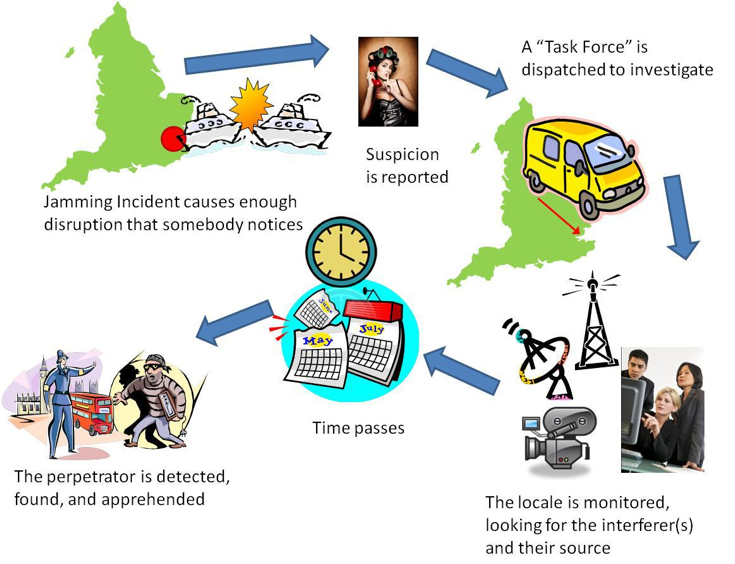GNSS hardening against interference
GNSS receivers are vulnerable to interference, due to the low received signal powers. These low signal power levels motivate the use of spread spectrum techniques. It has been shown that unintentional RF interference (RFI) is ubiquitous. In close proximity to the GNSS frequency bands, services are active for satellite communications, TV broadcasting, radar and Ultra Wide Band (UWB) applications. These services can cause out-of-band emissions, harmonics or inter-modulation products. The weak signal environment, presence of intentional and unintentional interference and the use of GNSS in critical applications argue for an impact assessment of RFI.

This article was first published in the Trinity House Service journal FLASH© and appears here by kind permission of the authors and Editor
